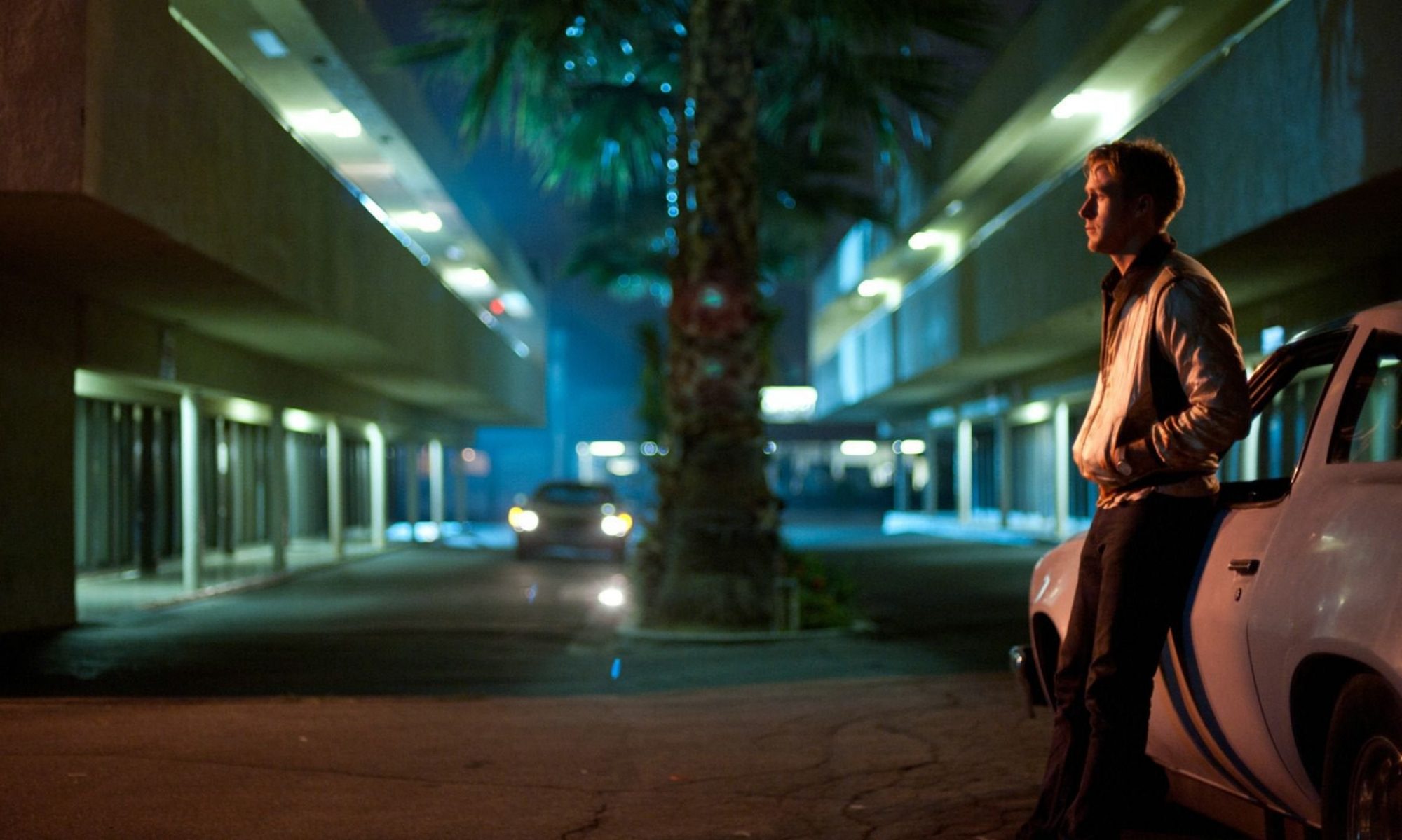Three crime films. The first one’s not so good, the second one’s more impressive, and the third one’s even better. Check out Decision To Leave on iPlayer before it decides to, uh…leave.
King of Thieves
Oi Oi! It’s Michael Caine! In a gangster movie! Nothing new, since he’s been playing those kinds of roles since his heyday with films like Get Carter and The Italian Job, and a bit more recently with Harry Brown. I can’t say I’m a big fan of the first two, and I haven’t got round to watching the third yet, but hey, I’m probably not the market they’re aiming at.
You know what you’re getting here within the first few minutes. Technically, it’s all based in reality as it’s a true crime retelling of the 2015 Hatton Garden safe deposit burglary. Is there much truth in those, uh, performances? Or the general context? Is there fu-
Well, I thought I’d throw in an F bomb (or half a one) for effect. Funnily enough, those colourful words kind of lose their power if they’re not used effectively. Michael Caine and the rest of the admittedly star-studded crew (Jim Broadbent is on half-decent villain form, Ray Winstone does his standard gangster shtick, although I don’t buy Tom Courtney’s bad-guy persona) seem to have fun dropping a whole heap of C bombs all over the area, but it’s hard to feel any sense of threat – or comedy – when there are no real stakes. It can never decide which side of the scale it wants. These guys are supposed to be engaging in a robbery, but there’s never any sense of jeopardy. When we get a view of the police department working hard to catch the culprits, they may as well be statues. No one says anything. Nope, not a single word. And hey, I’m a fan of silence and all that, but not if this silence is here is contrasting against a loud, foul-mouthed group of supposed master criminals.
The Lock, Stock and Two Smoking Barrels influence is loud and clear. Tough guys shooting the shit, a nice level of performative masculine aggression, a high-stakes operation that doesn’t feel high-stakes. Textbook. Although I’ve watched Lock, Stock, all I can think about when I hear that title is The Fast Show parody sketch ‘It’s A Right Royal Cockney Barrel of Monkeys’. For the uninitiated, it’s basically Paul Whitehouse repeatedly shouting ‘You Muppet’ at John Thomson, who repeatedly responds with ‘You slag’. It’s a nice comedic summary of Lock, Stock, and it’s a pretty elegant microcosm of King of Thieves, too.
The Card Counter
‘I prefer to work under the radar’. Well, no shiz, Sherlock. Lead guy William Tell lets us know how much of a lone wolf he is at various moments in The Card Counter, but his succinct admission here is more effective in getting across the point. Paul Schrader takes charge of this noir thriller, and boy don’t you know it’s a noir. Everything looks slick, from the organised gambling rooms to Oscar Isaac’s meticulously slicked back hairdo. Taxi Driver might be Schrader’s most notable production role, but in the main seat, he can go crazy with all the darkness. If you thought Travis Bickle’s monologues were too long for your liking, get ready to be hit so a barrage of expository dialogue as Tell employs his shady card skills to win big. He’s got his hands in his pockets, he drives in his car with a moody expression and he’s got his own darkened room with a desk where he writes in a notebook while his thoughts are heard on screen. Ooh. Moody.
I’m not saying it’s not a slick production. Because it is. Everything and everyone’s looking great. But every shot screams ‘film noir’ in your ear like it’s a separate character. When a woman says that he’s ‘been around’ and that he’s ‘mysterious’. Hey! This guy’s an enigma. WOW. The dialogue is pretty solid, even though there’s the occasional bit of cringle. When he threatens a boy with the words ‘This is not a proposal you can afford to reject’, it’s hard to push away those Godfather vibes. If you’re willing to run with the heavy film noir vibes, it’s a competent, albeit cold bit of cinema.
Decision To Leave
With Decision To Leave, however, you’re getting none of that easy exposition stuff. Park Chan-Wook throws us straight into the drama as we see dedicated police cop engaging in some sneaky sleuthing. When a man is found dead in the mountains, Jang Hae-jun becomes enthralled by the man’s wife Song Seo-Rae, who seems ambivalent about his death.
While Oldboy and The Handmaiden exist in a heightened realm of fantasy, Decision to Leave feels slightly more grounded in its adherence to film noir tropes, particularly when it comes to the femme fatale figure. Yet the whole film is so elegantly shot, and its actors so compelling to watch, especially when the camera takes time to focus on their wordless facial expressions, it doesn’t really matter. Chan-Wook also took production duties as well as a co-screenwriting role, and his signature intrigue pulses throughout. Deception and unease is rife. The cinematography is also typically exceptional, with the Korean mountains and water set against each other in symbolic parallel. Decision To Leave isn’t Chan-Wook’s best work, but considering the masterpieces that are included in his filmography, that’s certainly no insult.
